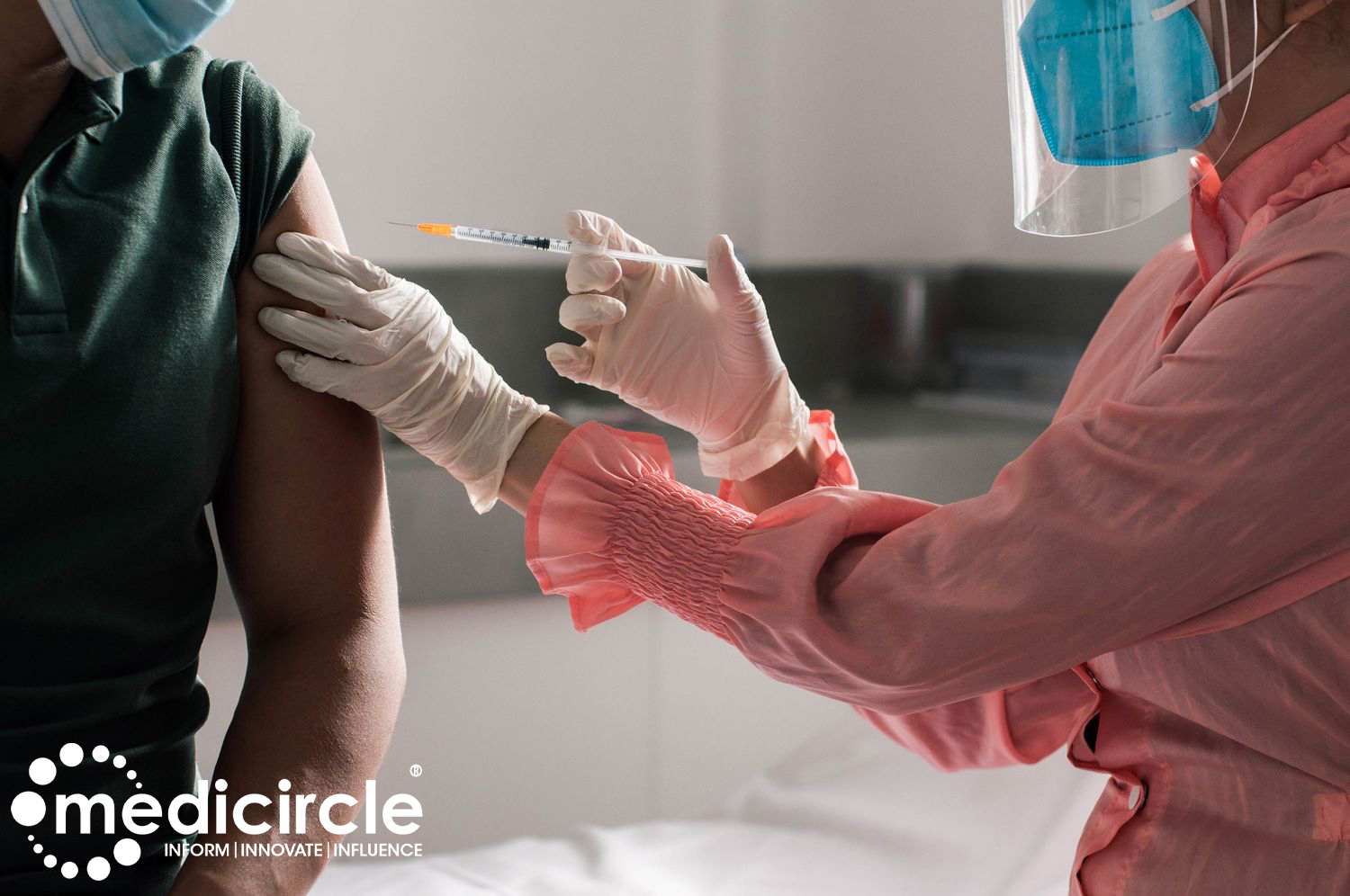In November last year, a peer-reviewed study conducted by the Indian Council of Medical Research (ICMR) revealed crucial insights into the correlation between COVID-19 vaccination and sudden deaths among young adults in India. Contrary to speculations, the study conclusively demonstrated that COVID-19 vaccines did not elevate the risk of sudden death. Instead, it shed light on other significant factors contributing to such occurrences, including post-COVID hospitalization, family medical history, and certain lifestyle behaviors.
Addressing Misconceptions: Union Health Minister Mansukh Mandaviya emphasized the importance of evidence-based decision-making, especially concerning COVID-19 vaccines. He reiterated that the ICMR study provided compelling evidence refuting claims that the vaccines were responsible for heart attacks or sudden deaths. Mandaviya underlined the need to base decisions on scientific research and data rather than succumbing to misinformation.
ICMR Study Insights: The ICMR study, conducted across 47 tertiary care hospitals in India, focused on seemingly healthy individuals aged 18-45 years who experienced sudden unexplained deaths between October 2021 and March 2023. Through comprehensive interviews and data collection, researchers uncovered critical associations between lifestyle factors and sudden deaths.
Key Findings:
1. Lifestyle Factors: The study highlighted lifestyle elements such as smoking, alcohol consumption, recreational drug use, and vigorous physical activity as contributing factors to sudden deaths.
2. Alcohol Consumption: Increased frequency of alcohol consumption was positively correlated with a higher risk of sudden death, underscoring the impact of lifestyle choices on health outcomes.
3. Post-COVID Conditions: Post-COVID hospitalization emerged as a significant factor, indicating the need for comprehensive post-recovery care and monitoring.
Government's Holistic Approach: Minister Mandaviya emphasized the government's commitment to providing affordable healthcare and ensuring the safety and efficacy of COVID-19 vaccines. He highlighted India's remarkable efforts in vaccine distribution, which garnered goodwill globally. Additionally, he addressed the misconception surrounding vaccine acceptance, emphasizing Prime Minister Narendra Modi's proactive stance in receiving the vaccine.
Scientific Decision-Making: Minister Mandaviya reiterated the importance of scientific decision-making, emphasizing the collaborative efforts of empowered groups and technical teams in vaccine-related decisions. He emphasized that decisions were based on scientific evidence and expert advice, prioritizing public health and safety above all else.
The ICMR study serves as a ray of evidence-based decision-making, dispelling myths and misconceptions surrounding COVID-19 vaccines. By elucidating the factors contributing to sudden deaths among young adults, the study highlights the importance of holistic healthcare approaches and informed decision-making. As India continues its vaccination drive and global outreach, scientific rigor and data-driven policies remain paramount in safeguarding public health amidst the ongoing pandemic.

 As India continues its vaccination drive and global outreach, scientific rigor and data-driven policies remain paramount in safeguarding public health amidst the ongoing pandemic.
As India continues its vaccination drive and global outreach, scientific rigor and data-driven policies remain paramount in safeguarding public health amidst the ongoing pandemic.










.jpeg)

.jpeg)
.jpeg)
.jpeg)

.jpeg)
.jpeg)
.jpeg)
_(1).jpeg)

_(1)_(1)_(1).jpeg)
.jpeg)
.jpeg)
.jpeg)






